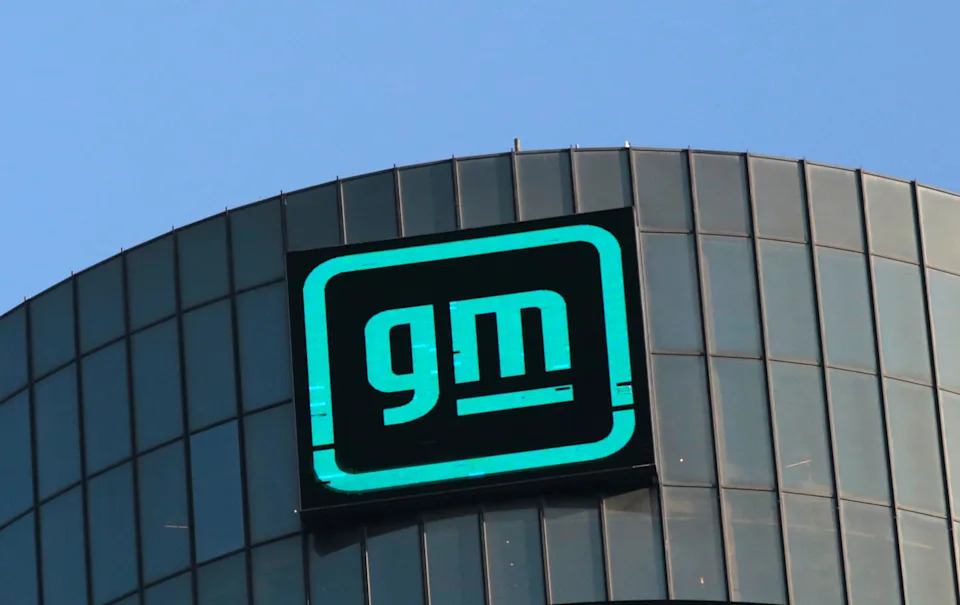
Everyone wants to be a bank now. Banks aren’t happy about it.
Key Points
- Automakers and Crypto Firms Applying for Banking Charters: Companies like General Motors, Stellantis, Nissan, Circle, and Ripple are seeking US banking charters, including industrial loan company (ILC) charters and national trust banking charters, to offer banking services with potentially lighter regulatory oversight.**
- Banking Industry Opposition: Traditional banks and lobbying groups like the Bank Policy Institute and ICBA oppose these charters, citing regulatory double standards, risks, and historical failures like GMAC’s 2008 collapse, arguing they threaten consumer safety and market stability.**
- Regulatory Shifts Under Trump Administration: The Trump administration is reexamining financial regulations, potentially loosening rules for banks and lowering entry barriers for non-traditional entrants, while the FDIC is adjusting policies for ILC approvals.**
- Crypto and Fintech Growth: Crypto firms like Circle and Ripple are applying for national trust charters to gain credibility and comply with new legislation like the GENIUS Act, while even big banks like JPMorgan are exploring stablecoin-related innovations.**
Summary
A growing number of non-banking companies, including automakers like General Motors and Stellantis, and cryptocurrency firms like Circle and Ripple, are applying for US banking charters, sparking tension with traditional banks. These new entrants seek charters such as industrial loan company (ILC) status or national trust banking charters, which could allow them to offer banking services with less stringent regulations. Banks and lobbying groups like the Bank Policy Institute and ICBA oppose this, arguing it creates a regulatory double standard and poses risks, citing past failures like GMAC’s 2008 collapse. Meanwhile, the Trump administration is reviewing financial regulations, potentially easing rules for banks and new entrants alike, while the FDIC is adjusting its approach to ILC approvals. Crypto and fintech firms are also pursuing charters to gain credibility and comply with new laws like the GENIUS Act, as even major banks like JPMorgan explore stablecoin innovations. This clash over banking access highlights broader concerns about competition, consumer safety, and the evolving financial landscape.
yahoo
July 20, 2025
Stocks


